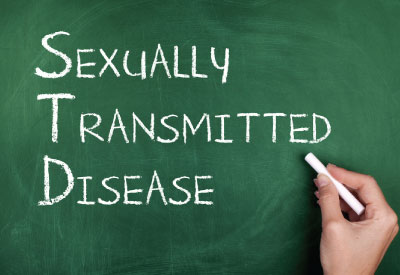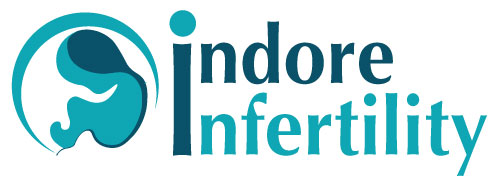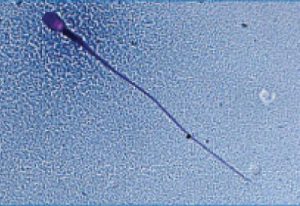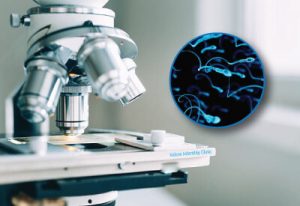

What is an STI?
Sexually transmitted diseases (STDs), or sexually transmitted infections (STIs), are generally acquired by Sexual Contact. The organisms that cause sexually transmitted diseases may pass from person to person in blood, semen or vaginal and other bodily fluids.
What puts you at Risk?
- Having unprotected sex
- Having Sexual Contact with multiple partners
- Having a history of STIs
- Abusing alcohol or using recreational drugs or Injecting drugs
It’s possible to contract sexually transmitted diseases from people who seem perfectly healthy — people who, in fact, aren’t even aware of being infected. Many STDs cause no symptoms in some people, and therefore if someone falls in the high risk category, should be tested for the presence of such infections
How is STI/STD diagnosed ?
If your sexual history and current signs and symptoms suggest that you have an STI, laboratory tests can identify the cause and also detect other co-existing infections you might also have contracted.
- Blood tests. Blood tests can confirm the diagnosis of HIV, Hepatitis B or later stages of syphilis.
- Urine samples. Some STIs can be confirmed with a urine sample.
- Fluid samples. If you have active genital sores, testing fluid and samples from the sores may be done to diagnose the type of infection. Laboratory tests of material from a genital sore or discharge are used to diagnose the most common bacterial and some viral STIs at an early stage.




